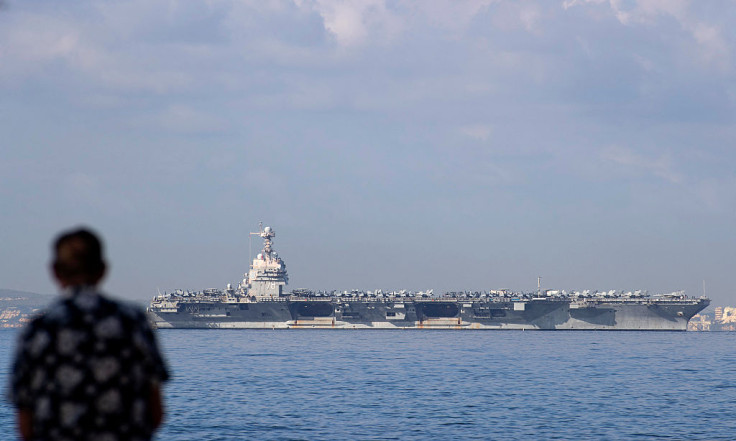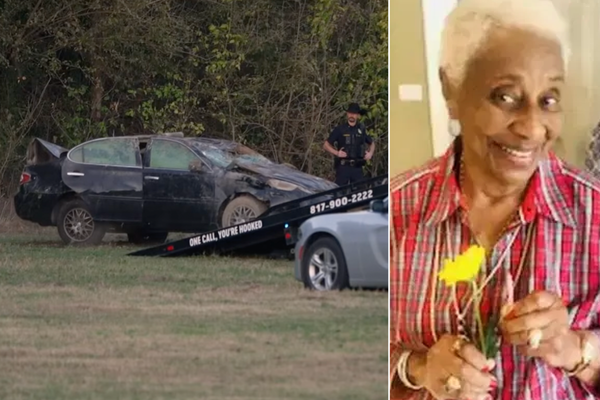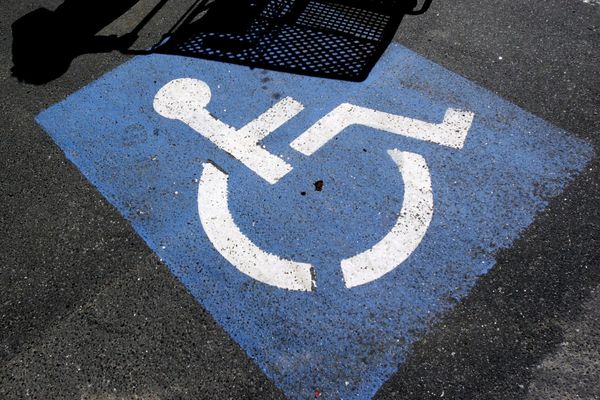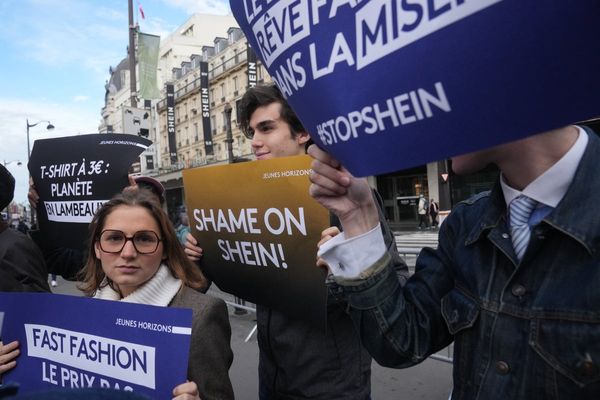
The United States has assembled a military presence near Venezuela that is "too large and powerful to be only for counternarcotics," former U.S. ambassador James Story said in an interview with BBC Mundo, arguing the deployment signals options beyond maritime interdictions.
"We have a very powerful force in the region," he said, adding that while an invasion force is not in place, the posture could enable strikes "inside or outside Venezuela."
Story, who led the Venezuela Affairs Unit from Bogotá between 2020 and 2023 and previously served in Caracas, described two months of buildup that includes warships, fighter jets, bombers, Marines, drones, and surveillance aircraft.
He cited expert analysis indicating the naval presence is the largest U.S. Caribbean deployment since the 1990–91 Gulf War, as BBC Mundo reports. He said the force package—estimated at 5,000 to 10,000 personnel—falls short of historical invasion benchmarks but enables a range of actions.
"The president can strike more traffickers in the area, inside or outside Venezuela, or target the top of the Venezuelan government," Story said, while stressing that decisions remain unknown. He noted the expected arrival of the USS Gerald R. Ford would "give us even more power in the region" and predicted the president will "use that force to do something."
Story argued the pressure reflects concerns about democratic backsliding, regional migration, and human rights. He also suggested potential targets could include clandestine airstrips south of Lake Maracaibo, routes linked to the Tren de Aragua criminal group, or networks associated—by U.S. allegation—with the so-called Cartel de los Soles.
Story, however, rejected the idea that toppling Nicolás Maduro would trigger an Iraq-style collapse, saying most Venezuelans "want a way out" and that the challenge would be "re-institutionalizing the country."
His assessment aligns with other recent analyses of the situation in the Caribbean. Ealier this week, Noel Maurer, Latin America specialist whose work includes a study of the 1989 Panama invasion, said the USS Gerald R. Ford's deployment is "undoubtedly a sign they may be closer to carrying out airstrikes," arguing any action would likely be limited and aimed at domestic audiences rather than regime change.
Former NATO commander Adm. James Stavridis also echoed the sentiment in an interview with CNN, saying he sees a "70%" chance of U.S. land strikes once the carrier is on station, predicting initial targets would be tied to drug flows. U.S. forces have conducted Marine landing drills in Puerto Rico, and Reuters has reported upgrades at the former Roosevelt Roads naval base and additional facilities in Puerto Rico and St. Croix.
© 2025 Latin Times. All rights reserved. Do not reproduce without permission.










